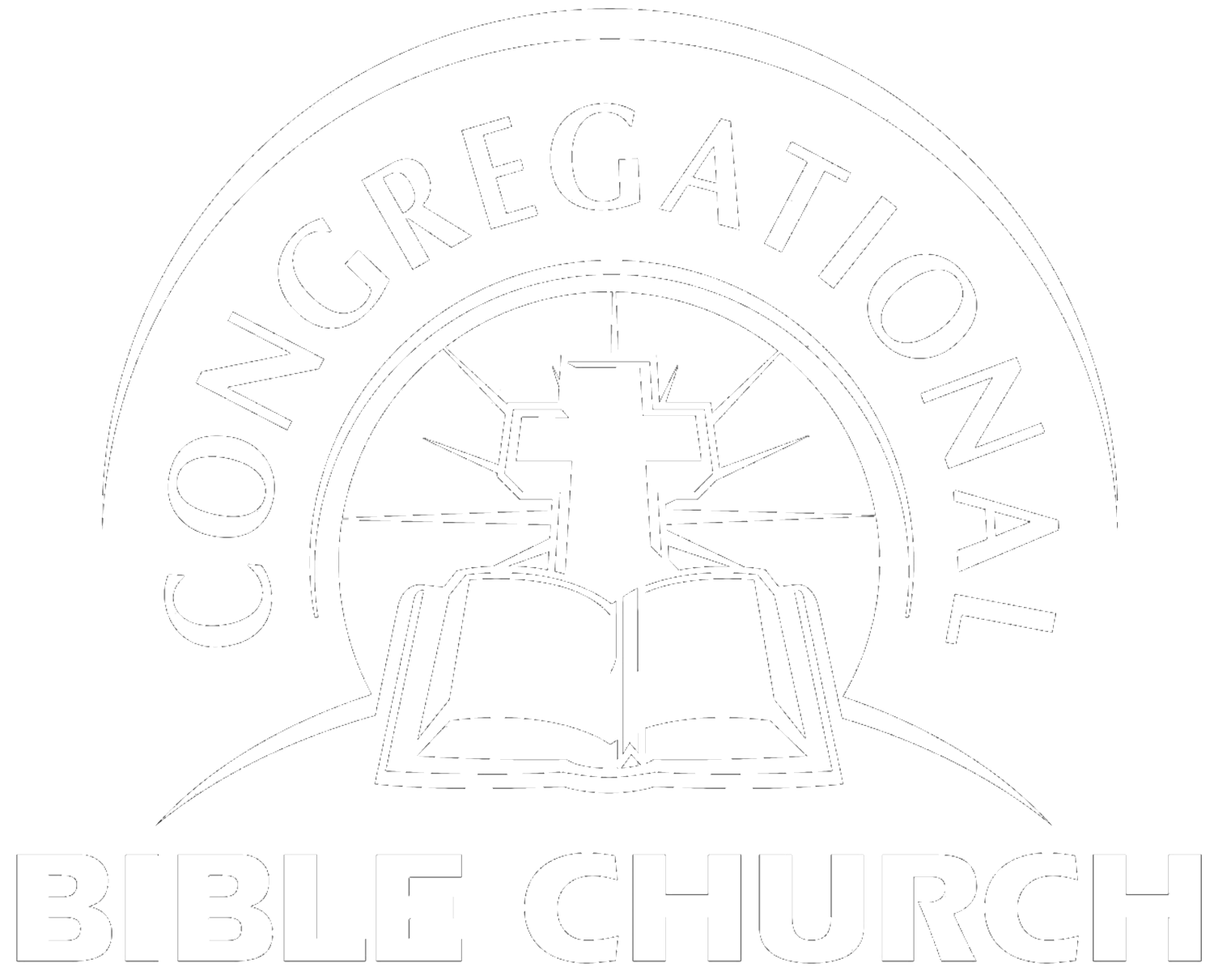There is a perspective on preachers that they sit around all week and think about what they are going to preach on. I must admit, if that was me, I would be panicked every single week! Fortunately, the content of what I am supposed to be teaching is defined in the Scripture itself.
Our second characteristic of a healthy church is: Expositional Preaching. Now, that’s a fancy theological term that simply means verse by verse explaining of the Scripture in such a way so that the point of the passage is the point of the sermon. To exposit a text of Scripture is to correctly interpret it’s meaning in context, then explain that meaning, and then apply that meaning to the congregation. Expositional Preaching has the message being extracted out of the text, rather than an idea from the preacher put into the text. Not that any of these characteristics of a healthy church are unimportant, but expositional preaching must be very high on the list because everything else in our list comes from this one being done correctly. If we get this one right, all the others will follow. Expositional Preaching is required because of 3 simple reasons.
First, because preachers are told what to preach. In 2 Tim 4:2, Paul tells Timothy to ‘preach the Word.” Right out of the gate, preachers are given a certain limitation on what they are to be preaching. Preachers are not to just go out and preach anything. They are to preach the Word. They are commanded to do this. God does not tell preachers and pastors to come up with something to say, look for something to preach about, or invent content or topics to preach on. So, the content of preaching is narrowly defined: it must be Biblical, it must come from the Scripture.
Second, because the Word of God contains power and authority. It was by God’s Word that the heavens and the earth were created. It was by God’s Word that Abraham was called and became the father of the nation of Israel. It was by God’s Word that the 10 commandments were given, and the rest of the Law respectively. Hundreds of times in the Old Testament it says, “the Word of the Lord came.” Old Testament prophets announced what God had to say by beginning their message with “thus says the Lord.” That little phrase implies tremendous power and authority. In the New Testament, the Bible is said to be “living and active and sharper than any two-edged sword, and piercing as far as the division of soul and spirit, of both joints and marrow, and able to judge the thoughts and intentions of the heart” (Heb 4:12). The Bible itself has the power to judge the inner desires of people. And, the apostle Paul expressed his thankfulness for the Thessalonians because they accepted the word that he preached as the Word of God, and not as the word of men (1 Thess 2:13). Later in that same verse Paul says that the Word performs a work in believers. It does not matter how learned or clever a preacher might be. He has no power in and of himself, or his words, to speak with authority or to change lives spiritually from the inside out. Only the Word of God has the power and authority to accomplish that work and that is why expositional preaching is required.
Third, because every verse is inspired and profitable. If preachers are to preach the Word, and the Word has the power and authority to change lives, then how does a preacher decide on what portion of Scripture to preach? Well, he must believe what 2 Timothy 3:16 teaches: “All Scripture is inspired by God and profitable…” Every single verse of the Bible is breathed out by God and is profitable. With that truth in mind, how can we casually jump here and there throughout the Bible and only teach what we want to? If every verse is inspired, then every verse must be preached. If every verse is profitable, then every verse must be preached. Even portions of Scripture that seem to be difficult and not very applicable are still inspired and profitable. Preachers simply do not have the right to try and decide on their own what is good and useful to their congregation. Every word of Scripture is profitable because every word is God-breathed. Again, this demands verse by verse exposition of Scripture.
The apostle Paul told the Ephesian elders that he did not shrink back from declaring “the whole purpose of God” (Acts 20:27). He told the Colossians that he has a stewardship from God to make the Word ‘fully known’ (Col 1:25). He is the perfect example of someone who took expositional preaching seriously. There wasn’t a private insight he was trying to make known; it was only the full counsel of God delivered to God’s people. Expositional preaching is the only way to fully deliver the whole counsel of God. There are times when other types of sermons are helpful, like topical sermons. But the consistent and regular characteristic of the teaching ministry of a healthy church is expositional preaching.
-Pastor Mark Scialabba


